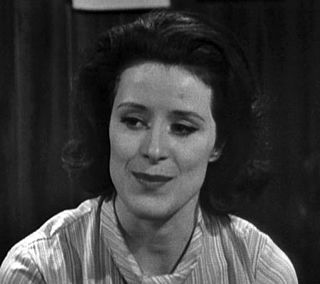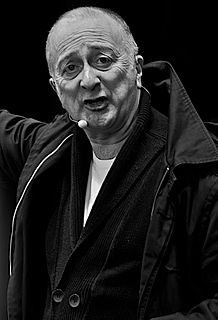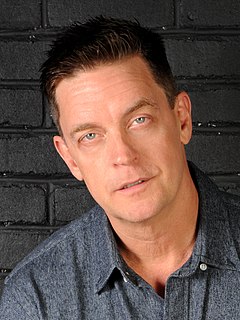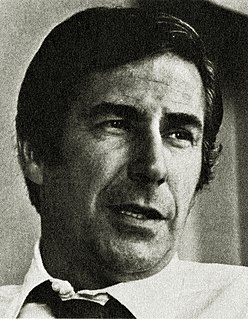A Quote by Bill Crawford
Let's not let our fear of dementia deepen our fear of dementia.
Related Quotes
There is no hate without fear. Hate is crystallized fear, fear's dividend, fear objectivized. We hate what we fear and so where hate is, fear is lurking. Thus we hate what threatens our person, our liberty, our privacy, our income, our popularity, our vanity and our dreams and plans for ourselves. If we can isolate this element in what we hate we may be able to cease from hating... Hate is the consequence of fear; we fear something before we hate; a child who fears noises becomes the man who hates them.
I never understood people who said their greatest fear was public speaking, or spiders, or any of the other minor terrors. How could you fear anything more than death? Everything else offered moments of escape: a paralyzed man could still read Dickens; a man in the grips of dementia might have flashes of the must absurd beauty.
Fear keeps us rooted in the past. Fear of the unknown, fear of abandonment, fear of rejection, fear of not having enough, fear of not being enough, fear of the future-all these fears and more keep us trapped, repeating the same old patterns and making the same choices over and over again. Fear prevents us from moving outside the comfort-or even the familiar discomfort-of what we know. It's nearly impossible to achieve our highest vision for our lives as long as we are being guided by our fears.
We have become a nation ruled by fear. Since the end of the Second World War, various political leaders have fostered fear in the American people--fear of communism, fear of terrorism, fear of immigrants, fear of people based on race and religion, fear of gays and lesbians in love who just want to get married and fear of people who are somehow different. It is fear that allows political leaders to manipulate us all and distort our national priorities.
I've had five grandparents who have had Alzheimer's. I've been involved in raising money for two decades, so I thought, how could I combine my work with this commitment to helping dementia? One of the myths is that it's an older person's disease. We're seeing early onset dementia among people at 45. It's the disease of everybody.


































